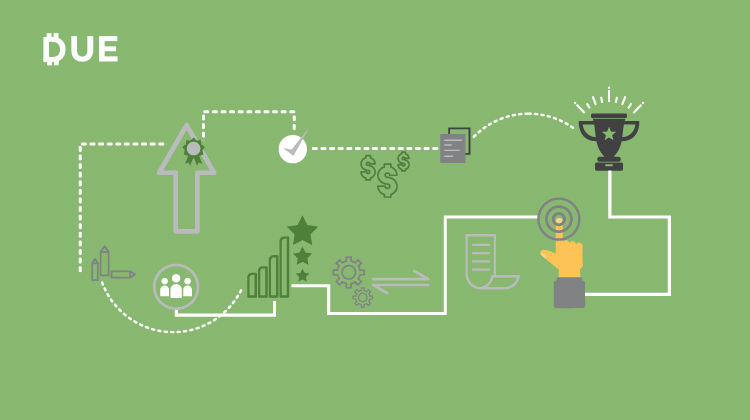Your good ole alarm isn’t the main reason why you jump out bed each morning. The reason is actually this thing called motivation. For some, that’s because they know they know that they have to work and get paid. Here’s the thing though. When it’s low, it’s tougher to tackle the day because of money. That’s not to say that money can’t be a motivator, it’s just that it’s not a fundamental motivator. What motivates you, then?
As Ian Robertson, Ph.D. writes in Psychology Today, “the three fundamental motivators of our behavior which the great psychologist David McLelland identified: the need for achievement, the need for affiliation and the need for power. These are the great – largely unconscious – drivers which shape the course of our personal and working lives.”
While there are definitely other motivators, “the three engines of achievement, affiliation and power are, in different combinations for different people, what makes us want to get up in the morning.”
Unfortunately, our lifestyles and work don’t always encourage those motivators. For example, a quality of a great leader is that they’re not too hung-up on being too well-liked. But, if you have an appetite for power then that could be your driving force in the workplace.
However, since we’re all different, that simply tactic may not work for you. In that case, you may want to consider exploring the following process to see what motivates you.
Table of Contents
ToggleHow to determine what motivates you.
The first step that you should take is thinking about the most difficult situation you’ve experienced and ask the following five questions:
- What did you think about the experience?
- How did you feel about it?
- How did you arrive at how you were going to handle and resolve the situation?
- What was important to you at the time?
- How did you overcome the situation?
Once you’ve answered those questions, reflect on your two or three biggest accomplishments. It could be graduating college, starting a business or climbing a mountain. As you reflect on your past success, focus on these six items:
- How you were able to achieve this accomplishment?
- How were you able to meet your goals?
- What you thoughts during this process?
- What motivated you to tackle this goal?
- Did you visualize what your life would be like once you had achieved your goal?
- How much did you really want to achieve it?
After analyzing your answers, you should be able to identify your specific motivators. You can then use this knowledge to motivate you in the future.
If you still can’t determine what motivates you, then you may want to spend a couple of minutes taking one of the following five quizzes;
- What motivates you — GoToQuiz
- What Motivates You? — TestQ
- TEST: What motivates you? — Psychologies
- What’s your motivation style? — Oprah
- What motivates me? — See My Personality
Channeling your motivation for success.
Now that you found out what motivates you, it’s time to channel that into success. For example, if you’re most driven by achievement then jot down your daily accomplishments. It may sound simple, but it’s a start in proving (to yourself) that you’re working towards reaching a milestone.
Of course, getting started is the hardest part. So, use these tips to channel your motivation.
Shake it off.
It’s normal for us to get anxious or excited when attempting to reach a goal. But, those feelings are only going to block us from getting things down.
For instance, if you’re overly excited about starting a business, your mind is probably racing with a million ideas. As a result, you lose track of your priorities that will make your business thrive.
The best way to combat this is by literally shaking the nerves off. Exercise, yoga, meditation, breathing, and relaxing are also effective in helping you regain your focus.
Just do it.
When you feel that motivation ignite within you, don’t hesitate. Act on that feeling immediately. This way you won’t allow this feeling to fade.
As Walt Disney once said, “The way to get started is to quit talking and begin doing.”
Eliminate distractions and naysayers.
In order to keep your creative flow going, you need to eliminate distractions. This means shutting off the TV or phone, blocking distracting websites, and setting boundaries so that your family or colleagues don’t interrupt you when working.
You also need to ditch the naysayers. You know, the people who are pessimistic, jealous, or drain your energy. Spend less time with them and more with those who are supportive and lift you up.
Push yourself.
When you’re in the zone, go as hard as you can. You want to tap into that energy while you have it. However, once you feel yourself starting to slow down, it’s time to take a break.
Always innovate and improve.
You will have times when you’ll lose interest in a goal or task. And, that’s alright. The key is to keep looking for new ways to innovate and improve yourself so that you can find new ways to motivate yourself.
Do you know what motivates you? If so, how did you figure that out?














